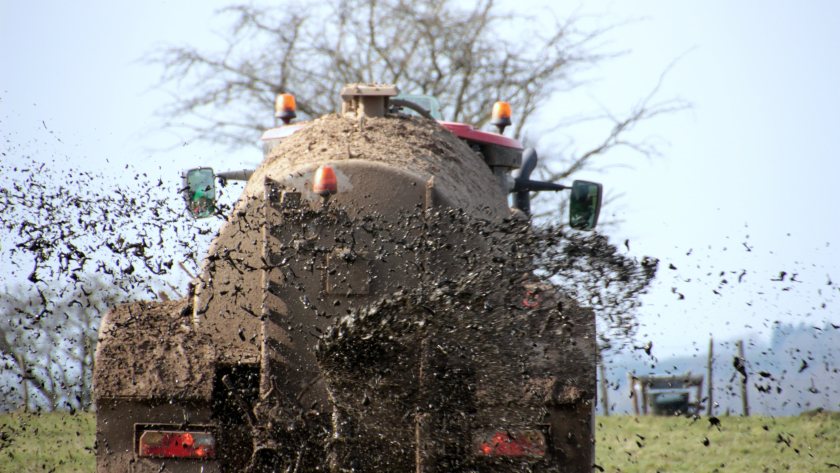
Farmers are being reminded by Wales' environmental watchdog to adhere to spreading regulations and take precautions to minimise the risk of pollution.
The reminder comes as the closed period prohibiting slurry and some other organic manures spreading on grassland came to an end on Thursday 16 January.
Farms may resume spreading under the Welsh government’s Control of Agricultural Pollution Regulations (CoAPR).
However, specific restrictions remain in place until the end of February in order to safeguard the environment, Natural Resources Wales (NRW) said.
The watchdog said any instances of pollution would be investigated and appropriate enforcement action would be taken.
Restrictions include spreading a maximum of 30 cubic metres of slurry per hectare or eight tonnes of poultry manure per hectare at one time, and there must be at least a three-week interval between each application.
Farmers are also required to assess environmental factors before spreading - such as weather and soil conditions; proximity to waterways, slope and ground cover - by carrying out a field inspection prior to spreading.
NRW said farmers should plan and record all applications to meet soil and crop need in their Nitrogen Management Plan, as well as comply with nitrogen limits.
Spreading is strictly prohibited on waterlogged, flooded, snow-covered, or frozen soil, and soil that has been frozen for more than 12 hours in the previous 24 hours.
The closed period for spreading on tillage land remains in place until 31 January for all soils other than sandy or shallow.
Simon Griffiths, of NRW’s agricultural pollution inspection team said: "These closed periods may be coming to an end, but other restrictions remain in place until the end of February.
"Farmers, tenants, landlords and contractors must carefully consider conditions to determine the best time for spreading any organic manures.
"If conditions are suitable, spreading may resume across communities. However, any instances of pollution will be investigated, and appropriate enforcement action will be taken."
